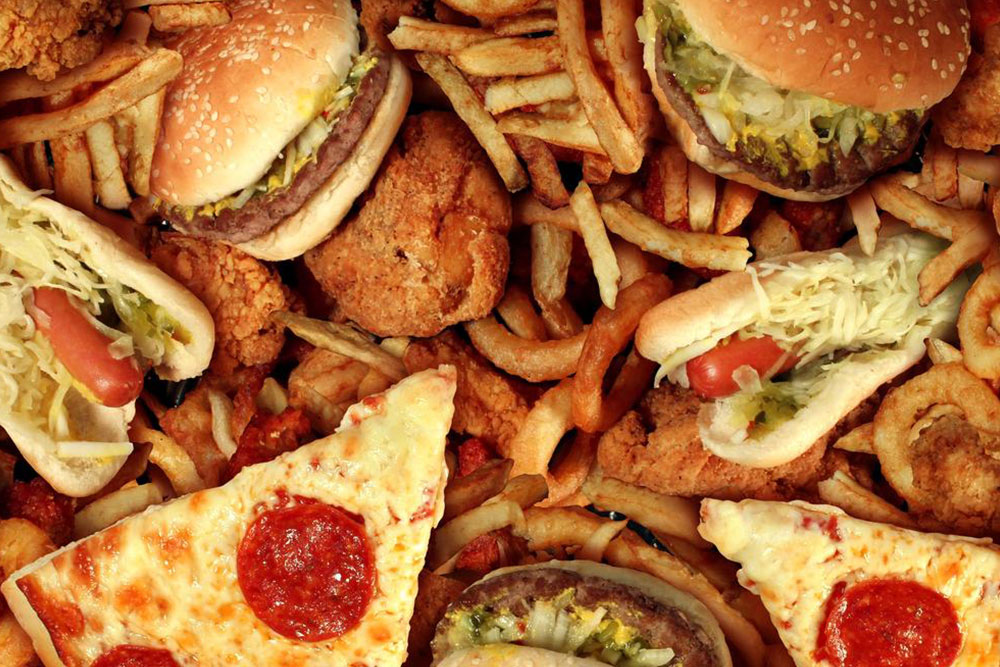Identifying and Managing Dietary Triggers for Migraines: A Comprehensive Guide
This comprehensive article explores common dietary triggers for migraines, including caffeine, cheese, red wine, baked goods, and processed meats. It emphasizes the importance of awareness and moderation in food choices to help reduce migraine frequency and severity. Practical tips and dietary adjustments are provided to support migraine sufferers in managing their condition effectively, along with the importance of consulting healthcare professionals for personalized strategies.

Identifying and Managing Dietary Triggers for Migraines: A Comprehensive Guide
Many individuals living with migraines often look for effective ways to prevent their episodes and find relief. While medications and lifestyle modifications are crucial, understanding the impact of diet plays a significant role in managing this debilitating condition. Foods are frequently overlooked as potential migraine triggers, yet they can be a major contributing factor for many sufferers. Unlike common allergy labels, warnings about foods that may induce migraines are not consistently highlighted, making awareness essential for those affected. Scientific research continues to investigate specific culprits, but currently, it’s understood that certain foods, especially when combined with other triggers like stress or hormonal changes, can provoke migraine attacks.
In this detailed guide, we delve into some of the most common dietary triggers linked to migraines. By recognizing these foods and understanding their effects, you can take proactive steps to reduce the frequency and severity of your migraine episodes. Remember, individual reactions vary, so consulting with a healthcare provider for personalized advice is always recommended.
Common Dietary Triggers for Migraines to Be Aware Of
Food-related triggers are a prevalent concern among migraine sufferers. Although not everyone reacts to the same foods, and some triggers may be highly individual, certain common culprits have been widely recognized through clinical studies and patient reports. Awareness of these triggers enables sufferers to make informed dietary choices, potentially reducing migraine frequency and improving quality of life.
Caffeinated Beverages: The Double-Edged Sword
Caffeine is widely consumed worldwide, primarily for its stimulating effects that enhance alertness and combat fatigue. However, caffeine's impact on migraines is complex. While in small amounts, caffeine can sometimes help alleviate migraine pain, excessive consumption or sudden cessation can both trigger headaches. Caffeine constricts blood vessels in the brain temporarily, providing pain relief for some. Conversely, abrupt withdrawal from caffeine causes vasodilation—widening of blood vessels—that may trigger migraines. For coffee lovers, it's advisable to monitor intake carefully, aiming to consume caffeine in moderation and maintaining a consistent daily amount to prevent withdrawal-related headaches. When reducing caffeine intake, doing so gradually can mitigate withdrawal symptoms and reduce the risk of migraines.
Cheese and Tyramine-Rich Foods
Many aged and fermented cheeses such as cheddar, blue cheese, and Swiss contain elevated levels of tyramine—a naturally occurring compound formed during the fermentation process. Tyramine is known to stimulate nerve cells, prompting the release of norepinephrine, a neurotransmitter that can trigger migraines in sensitive individuals. Consuming excessive amounts of aged cheese or processed cheese products may contribute to headache episodes. If you notice a pattern of migraines after consuming cheese, reducing intake or opting for fresh, non-aged varieties may help manage symptoms.
Alcoholic Beverages: The Case of Red Wine
Red wine is often blamed for causing migraines among wine enthusiasts, and research supports this link. It is rich in histamine—an organic compound involved in immune responses—that can overwhelm the body's ability to manage it effectively, especially in those with histamine intolerance. Moderate wine consumption can still trigger severe migraines in sensitive individuals, even if it’s only once in a while. It’s advisable for migraine sufferers to limit or avoid red wine and other alcohols containing histamines or sulfites, which can exacerbate headache symptoms.
Sweets, Baked Goods, and Fermentation Byproducts
Cakes, cookies, bread, and other baked treats often contain ingredients like yeast, which facilitate fermentation and lead to increased tyramine levels. Many desserts also contain additives and preservatives that may serve as triggers. Combining these foods with dairy products or wheat can amplify the likelihood of triggering a migraine. Reading labels carefully and moderating intake of such products can be an effective preventive strategy. Additionally, opting for whole, minimally processed foods may help reduce the risk of migraines associated with dietary triggers.
Processed Meats: Nitrates and Nitrites
Processed meats, including hot dogs, ham, bacon, and deli slices, often contain preservatives like nitrates and nitrites. These chemicals are used to enhance flavor and extend shelf life but have been linked to vasodilation—which can lead to blood vessel headaches. For individuals prone to migraines, limiting consumption of processed meats is a prudent choice. Opting for fresh, unprocessed meats and cooking at home allows better control over ingredients, thereby reducing exposure to potential triggers.
Beyond these specific foods, it's important to recognize that many other potential triggers exist, such as artificial sweeteners, chocolate, and certain food additives. Maintaining a food diary can help identify personal triggers and patterns. Furthermore, staying well-hydrated, avoiding dehydration, and managing stress levels are crucial components of a comprehensive migraine management plan. For persistent or severe migraines, consultation with a healthcare professional or a registered dietitian can provide tailored advice and additional strategies to manage and prevent attacks effectively.
By gaining awareness of your dietary triggers and making mindful choices, you can significantly improve your quality of life, reduce the frequency of migraine episodes, and regain control over your health. Remember, individual responses vary; thus, a personalized approach in consultation with healthcare providers is the most effective way forward.





